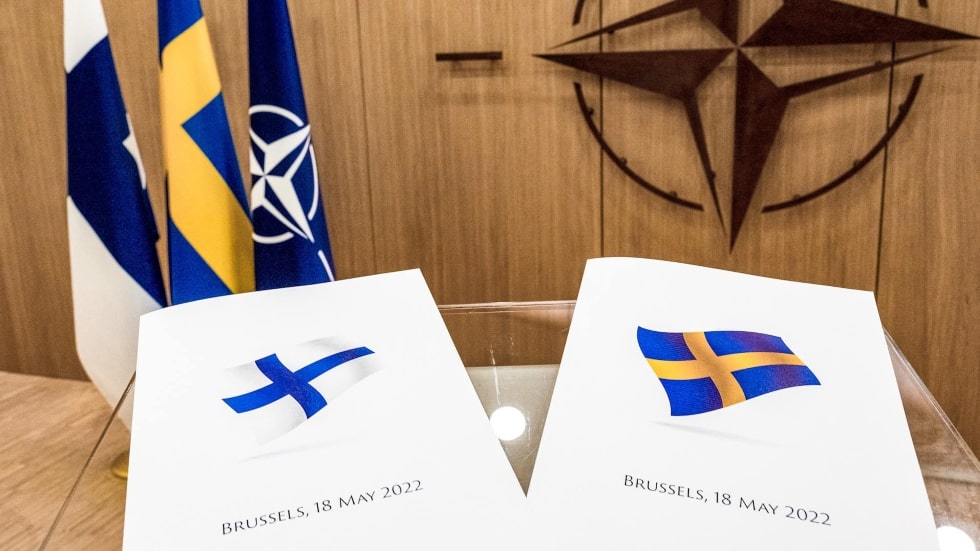A significant majority of the US Senate has signed a letter welcoming Finland and Sweden into the North Atlantic Treaty Organization, with the group of 82 senators urging for expedited membership for the two Nordic states.
Published Tuesday, the bipartisan letter claims the Western military alliance has been the “bedrock of European security and global order since the end of WWII” while arguing that “Russia’s unprovoked invasion of Ukraine has proven NATO…is more united than ever.”
“Expanding NATO to include Finland and Sweden will send a clear message that the free world stands ready to defend its values and sovereignty,” it said.
The two new members will “further bolster the alliance” and ensure its “resilience and readiness,” the senators continued, asserting that Stockholm and Helsinki would provide “crucial military and diplomatic capabilities that will help NATO address urgent security challenges and emerging threats.”
It is unclear what military capabilities the bloc will gain from either country, as both are already regular participants in NATO war games and keep close ties with most members. Further, the Nordic states had a combined defense budget of just $10.5 billion in 2020 – a tiny fraction of the $778 billion spent by Washington the same year – and both fail to meet NATO’s requirement for members to devote a minimum of two percent of their GDP to military spending.
While Helsinki and Stockholm submitted their membership applications last week, Turkey is currently holding up the process. President Recep Tayyip Erdogan has repeatedly stated that Ankara won’t support the move, claiming Finland and Sweden are “home to many terrorist organizations,” referring to the presence of Kurdish groups in both countries.
For a nation to be admitted into NATO, it must receive unanimous support from all other member states, of which there are currently 30. While US lawmakers are calling on President Joe Biden to use his executive powers to expedite the process, it is unclear what the White House can do if Ankara draws a hard line on the issue.
Moscow has long opposed the eastward growth of NATO, citing assurances given by a series of Western leaders in the waning days of the Soviet Union that the military bloc would not expand by “one inch.” Though some US officials in the current administration have disputed that claim with their own version of history, a number of experts and former diplomats have warned for years that the continued growth of the alliance would ultimately spark confrontation with Russia, with former US Ambassador to the USSR Jack Matlock Jr. once dubbing it the “most profound strategic blunder made since the end of the Cold War.”






























